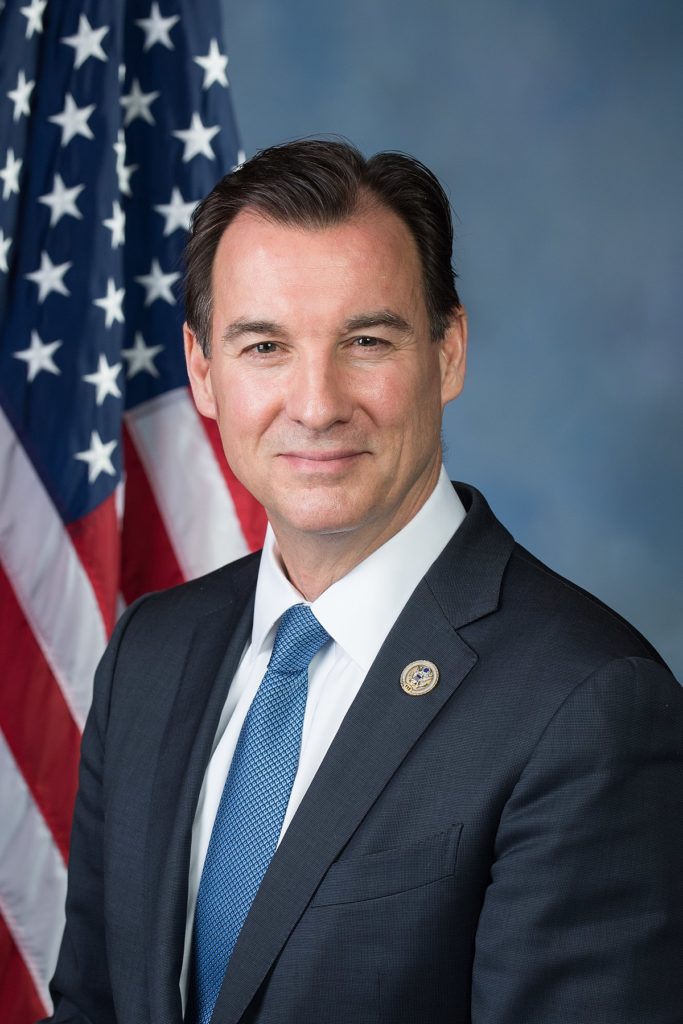
A new bill before Congress would help seniors pay for long-term care at home. On Thursday, Rep. Thomas Suozzi (D-NY) introduced the Well-Being Insurance for Seniors to be at Home (WISH) Act.
The WISH Act would create a public-private partnership that would create a trust fund to pay for catastrophic care for those who need it. Insurance companies would offer affordable plans and would be funded by social security contributions made by workers and employers with contributions equal to 0.3% of wages.

“We have a storm coming, with the number of disabled elders expected to double in the coming years. Fewer family caregivers are available for these aging Americans and the market for long-term care insurance is not currently sufficient to address these demographic challenges,” Suozzi said. “The WISH Act would save the Medicaid program and millions of Americans from financial ruin, would allow people to age at home with dignity, and would create millions of good-paying, middle class jobs in the home health care industry.”
LeadingAge, which represents approximately 5,000 nonprofit senior service organizations, hailed the legislation.
“This really puts you in the driving seat of your own long-term care episode and utilization, as opposed to kind of having to turn to Medicaid,” Ruth Katz, LeadingAge Sr. Vice President of Public Policy, told McKnight’s Home Care Daily.
A 2019 study funded by the National Investment Center for Seniors Housing & Care (NIC) found more than half of the nation’s 14.4 million middle-income older adults in 2029 won’t have the financial resources needed to pay for senior housing or in-home care. The study said a combination of public and private efforts, such as those addressed in the WISH Act, are needed to address the coming crisis.
The WISH Act comes a decade after the CLASS Act, which created a long-term care program, failed to make it into the federal healthcare insurance law, the Affordable Care Act. Katz said that plan fell short in part because worker contributions were voluntary.
“The limitation was that you could opt out of class, which meant it was going to go into that death spiral,” Katz said.
Although Medicaid covers long-term care for American living in poverty, Medicare does not cover the long-term care needs of others. Many middle-income Americans, who don’t have privately-insured long-term care plans, must pay for that care out of pocket. Those that spend down savings can qualify for long-term care under state-funded Medicaid programs.


